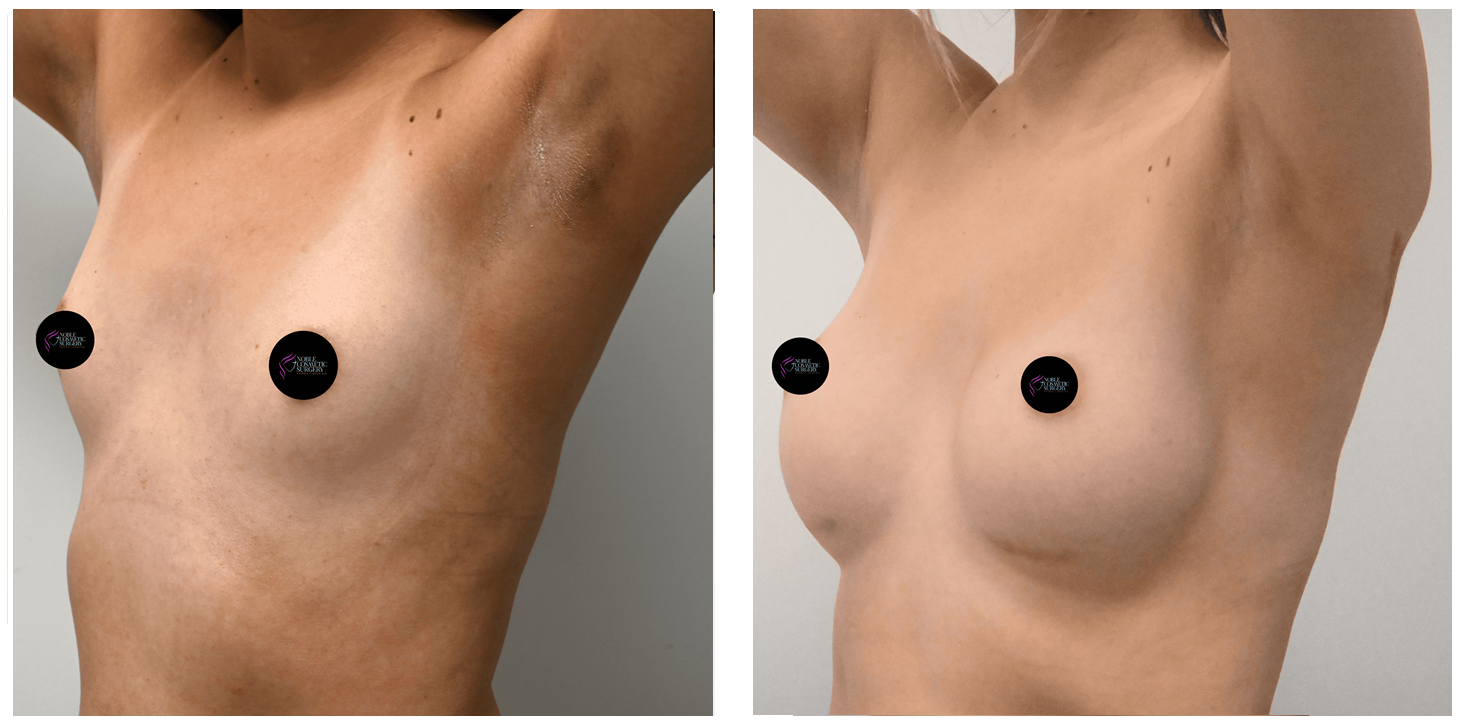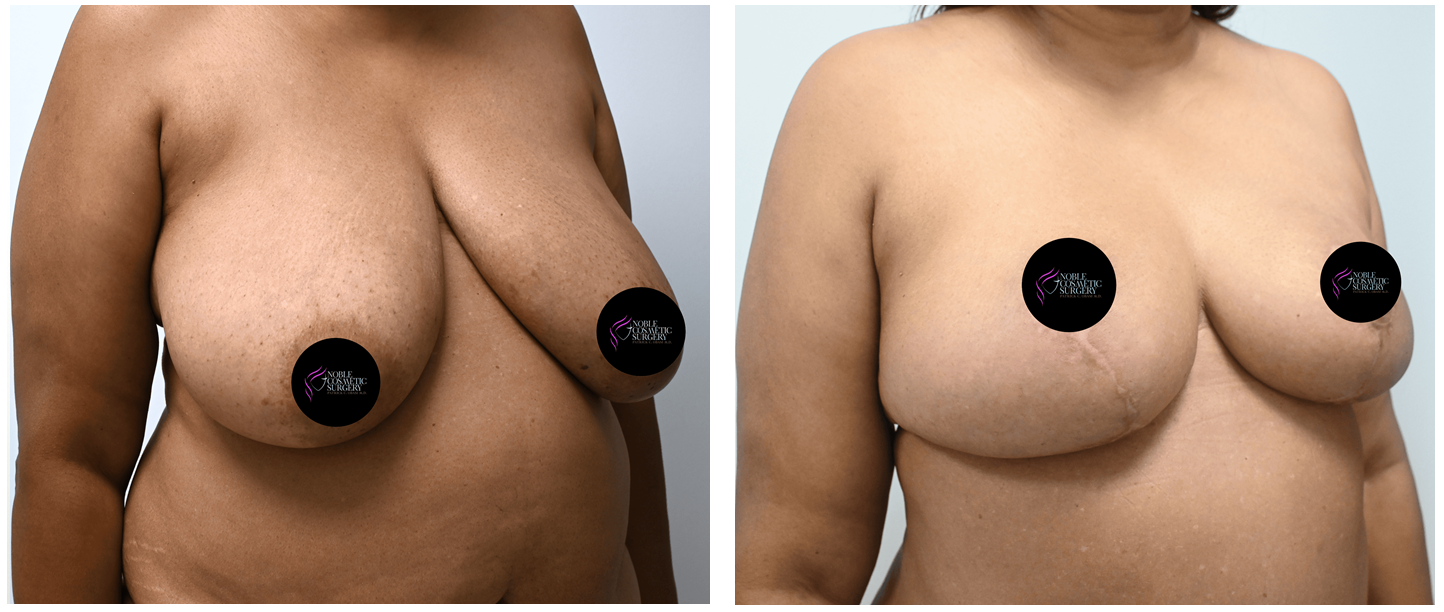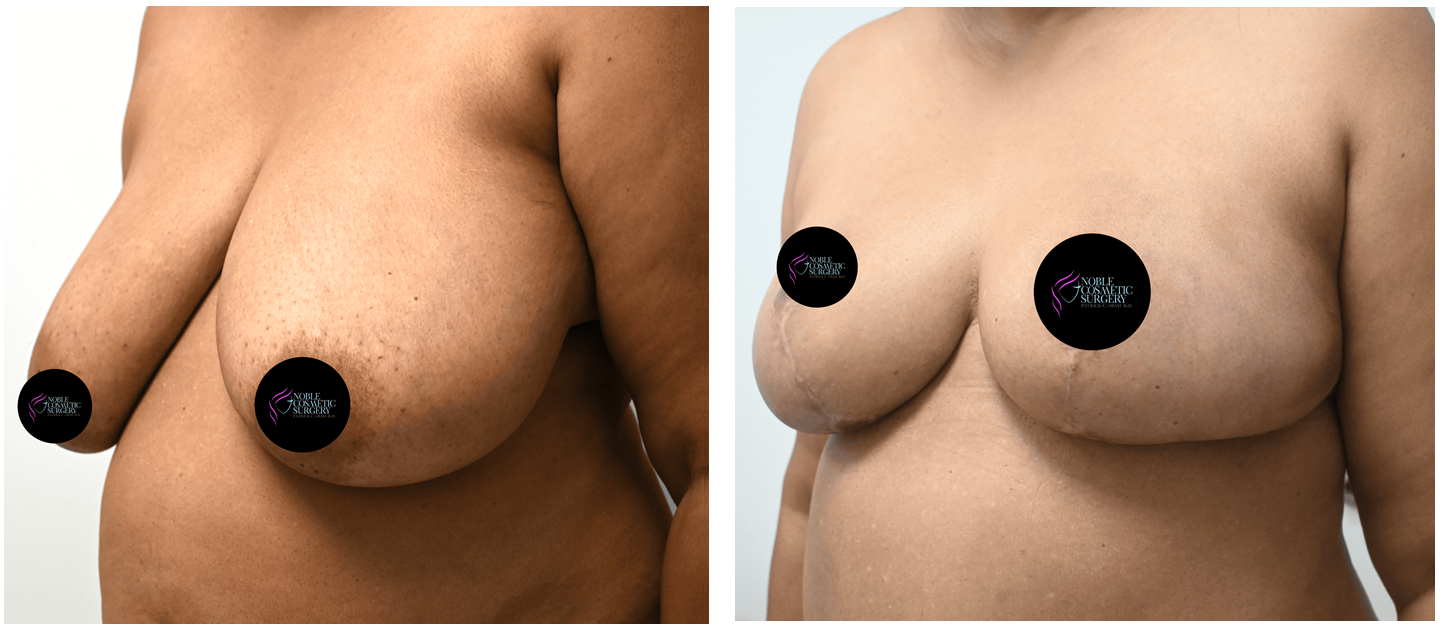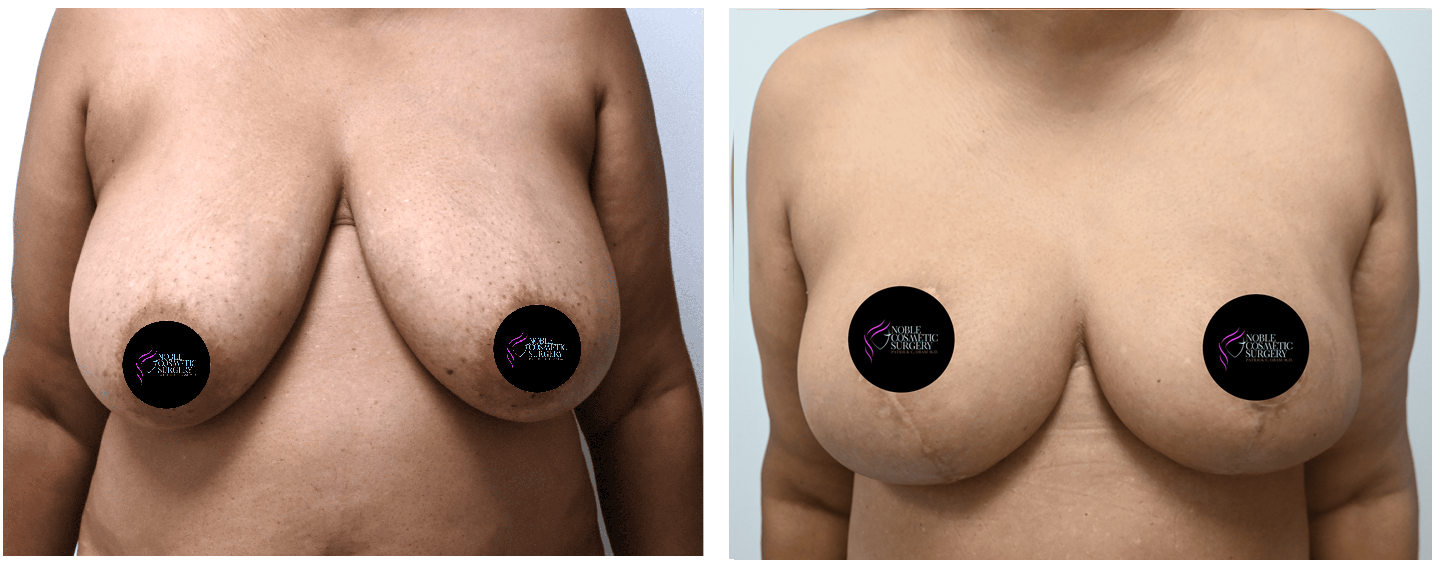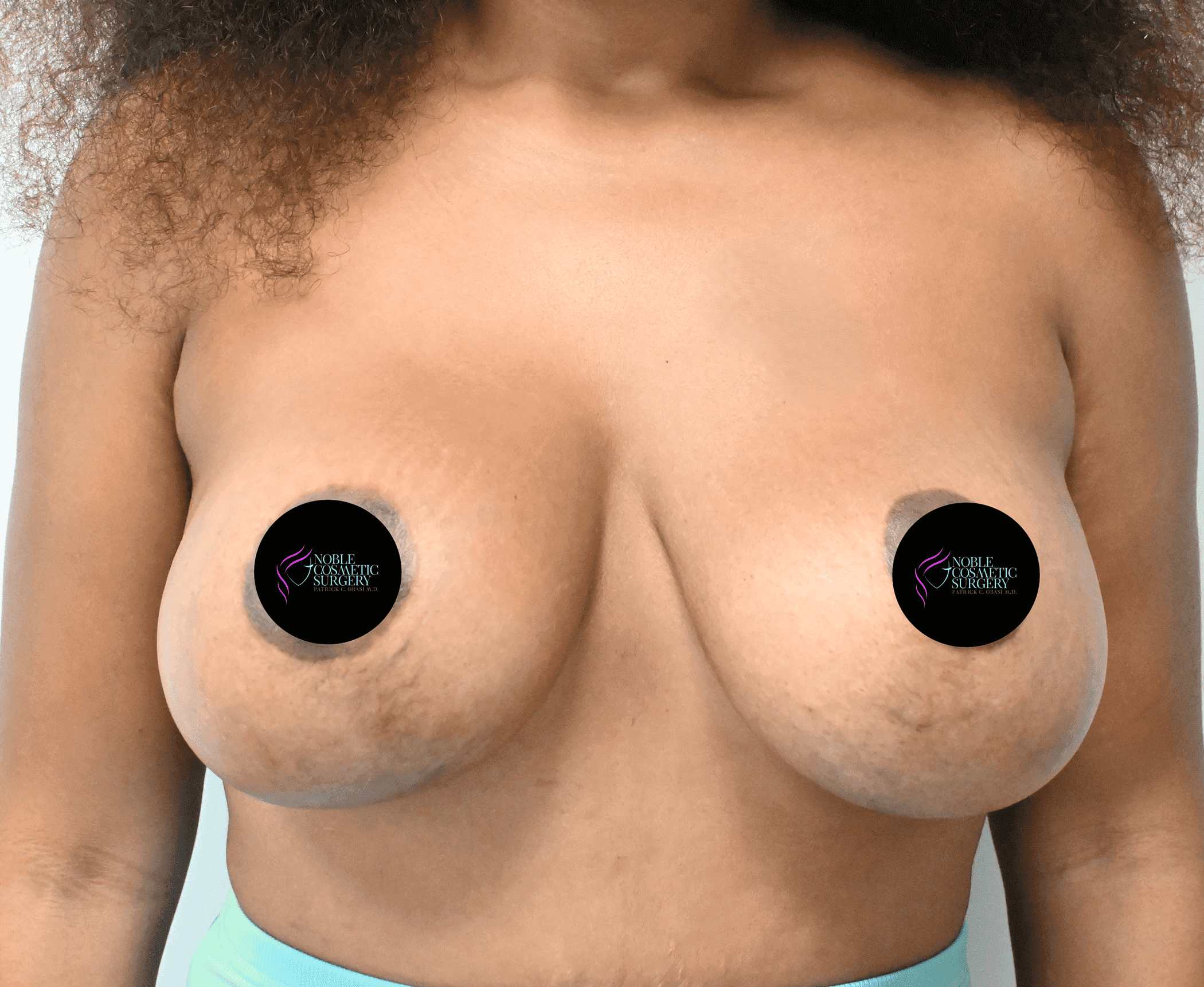Breast Augmentation in Irving (Las Colinas) TX
Enhance your confidence with Noble Cosmetic Surgery
Breast Augmentation in Irving (Las Colinas) TX – Enhance Your Self-Esteem

Is Breast Augmentation in Irving (Las Colinas) TX Right for You?
Perks of Enhancement Surgery
What to Anticipate from Breast Augmentation in Irving (Las Colinas) TX
Why Pick Dr. Obasi for Your Cosmetic Procedure
Tailored Selections for Your Chest Surgery
Tackling Common Questions About Cosmetic Procedure
Book Your Breast Augmentation in Irving (Las Colinas) TX Meeting
Before and After: Imagining Your Breast Enhancement Outcomes
Popular Inquiries About Cosmetic Procedure
FAQ's
There are two types of breast implants: silicone and saline. Gel-filled silicone implants feel more like natural breast tissue than silicone implants. Saline implants are filled with sterile salt water and can be adjusted for size during the procedure.
It typically takes one to two weeks for you to recover, and during this time, you may experience swelling and discomfort. The majority of patients can return to work and normal activities within two weeks, but full recovery, including the return to strenuous activities, can take up to six weeks.
Surgical procedures come with risks such as infection, bleeding, scarring, and implant rupture. Other possible complications include changes in nipple or breast sensation and capsular contracture, in which scar tissue forms around an implant, hardening it.
Choosing the right size involves a detailed consultation with your surgeon, who will consider your body type, existing breast tissue, and aesthetic goals. You may also use implant sizers or 3D imaging to help visualize the results.
In most cases, women can breastfeed after breast augmentation, especially if the implants are placed under the chest muscle, and the incision is made under the breast or in the armpit. However, there is a small risk that the surgery could affect milk production or nipple sensation.
At some point, breast implants might need to be replaced since they’re not considered lifetime devices. On average, implants can last 10 to 15 years, but some may last longer. It is important to have regular check-ups with your surgeon so that you can determine if you need to replace your implants.
